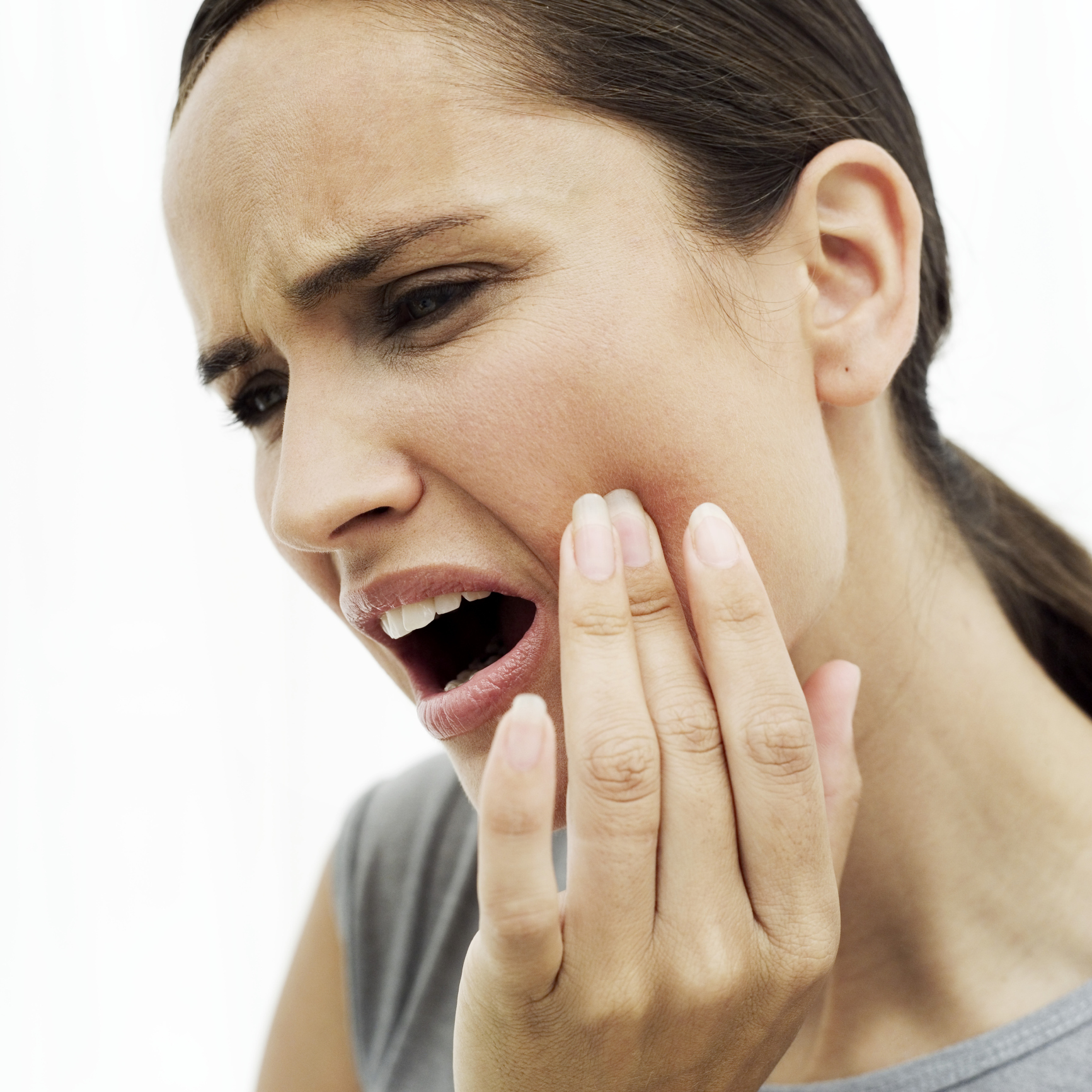The withdrawal of over-the-counter medicines that contain codeine has been big news recently.
I’ve noticed that our dental patients sometimes have a preference for a particular medication―they are sort of fans of one over the other and that’s just human nature. You might even feel aggrieved that you can’t obtain your favourite medication for dental pain problems as easily in the future.
There are two points I’d like to make about this situation, and I hope they help:
Point 1: If you have chronic dental pain, it’s a good idea to get advice about fixing the problem rather than relying on taking tablets for long periods of time. There really should not be a dental pain we can’t assist you with. I’m sure we can help!
It is inappropriate to treat chronic pain in the same way as acute pain, indeed taking tablets with opioid medicines continually can make your pain worse.
Point 2: Loads of research over the years has shown that the low doses of codeine (less than 30mg per dose) available as over-the-counter medicines are really ineffective for relief of toothache. And not very effective at all, unless taken in combination with paracetamol or ibuprofen.
What’s the alternative?
For people who can take ibuprofen, it’s far and away the best drug for most dental aches and pains. Commonly, pain in your mouth comes from inflammation, and ibuprofen targets inflammation really well. While not everyone can take ibuprofen over a long period, it is relatively safe when used for short-term pain relief (and remember point 1: for longer-term problems please see us for help).
The really good news is, there’s an even better over-the-counter medicine for toothache: ibuprofen and paracetamol. This is available as Nuromol® or Mersynofen®― in fact, there’s a few brands now.
Research has shown that the mixture of paracetamol and ibuprofen works better than either drug on its own.
I have found that paracetamol-ibuprofen in this formulation provides very good control of pain after many dental procedures. You should not take this medication if you cannot take paracetamol (Panadol®) or ibuprofen (Nurofen®). If in doubt please ask your medical general practitioner or specialist.
I recommend a starting dose of 2 tablets for moderate pain and two to four tablets for severe pain. You do not require a prescription for this medicine.
Do not exceed 6 tablets in any 24 hour period. Handy tip: keep a written record of the time and the amount you take the medication. It can be hard to remember if you have pain.
Do NOT combine Nuromol with extra Panadol or Nurofen.
There is no need to take it with food. In fact it is best taken on an empty stomach.
Research Corner
You might wonder how we know this works?
Researchers used volunteers who were having their 3rd molars removed. They asked the volunteers to have their right-sided wisdom teeth removed first, and used codeine-based medication for pain relief afterwards. They collated the results, and, six months later, the same surgeons did the same procedures on the left-hand side. This time, the volunteers were given ibuprofen. The ibuprofen worked much better than the codeine-containing medicines. By the way, this way of measuring works so well, it’s a very common way to test all sorts of pain medications and combinations of drugs.
J Oral Maxillofac Surg. 2017 Oct;75(10):2063-2069. doi: 10.1016/j.joms.2017.04.045. Epub 2017 May 15.
Cochrane Database Syst Rev. 2015 Nov 4;(11):CD010794. doi: 10.1002/14651858.CD010794.pub2.


